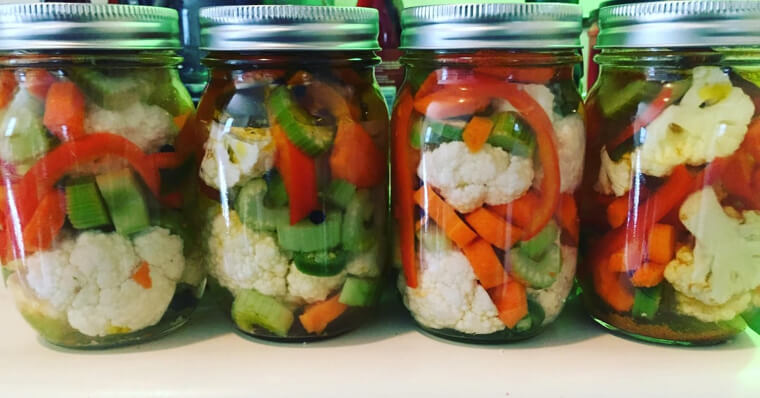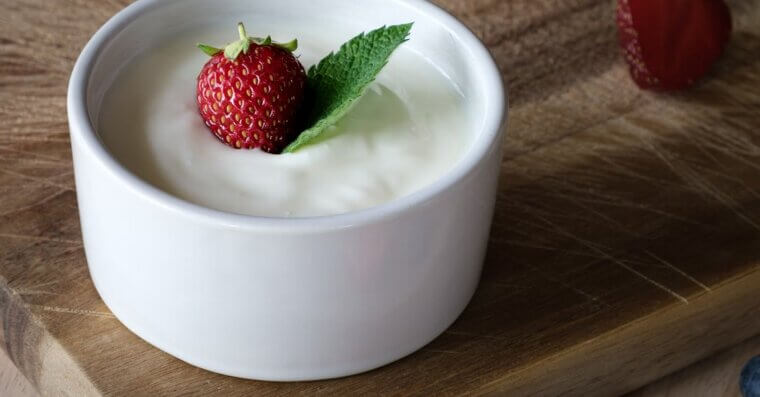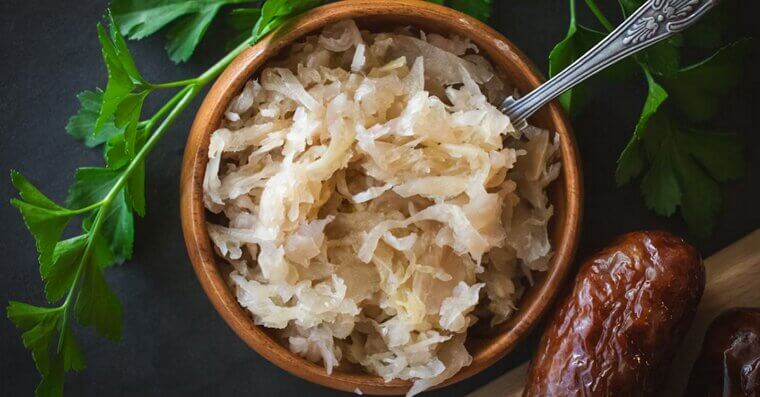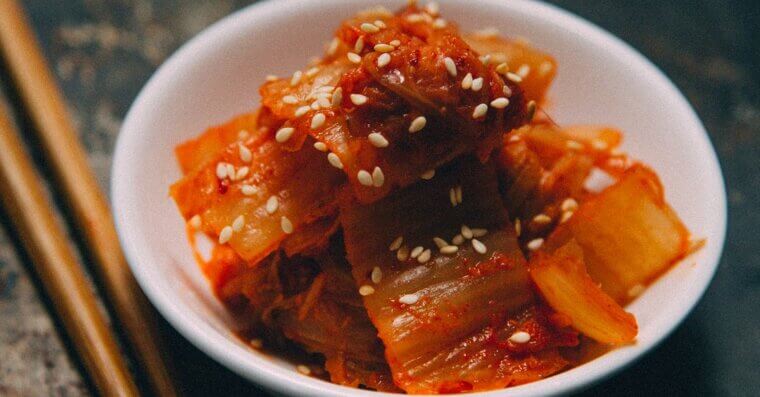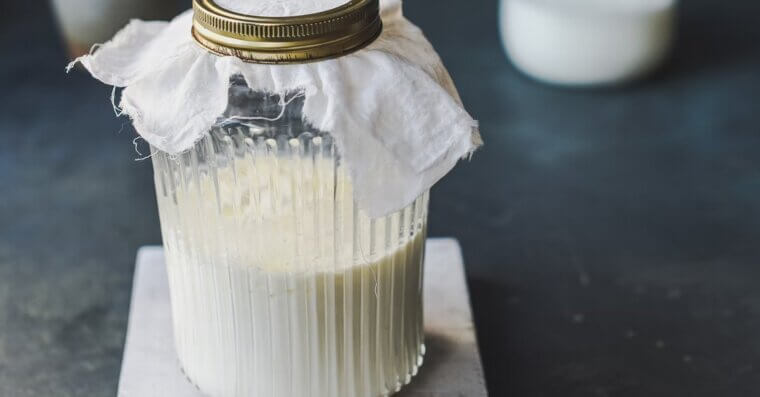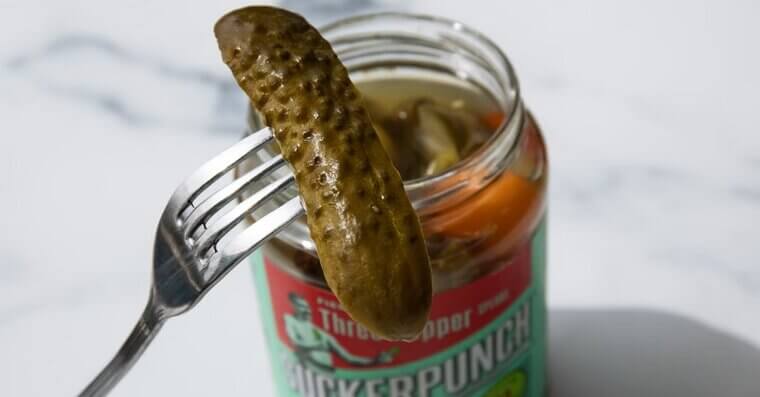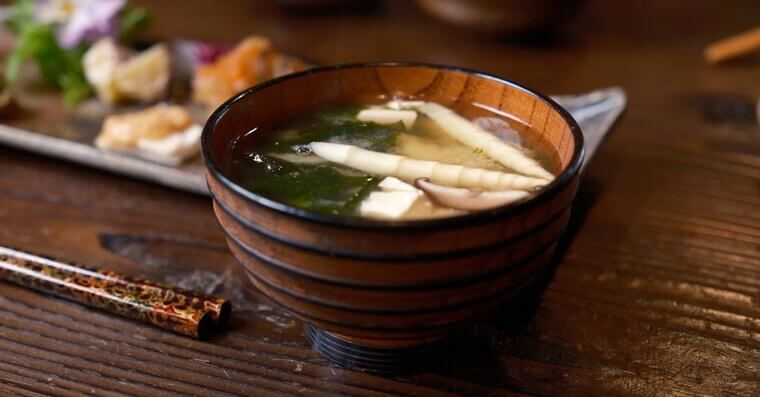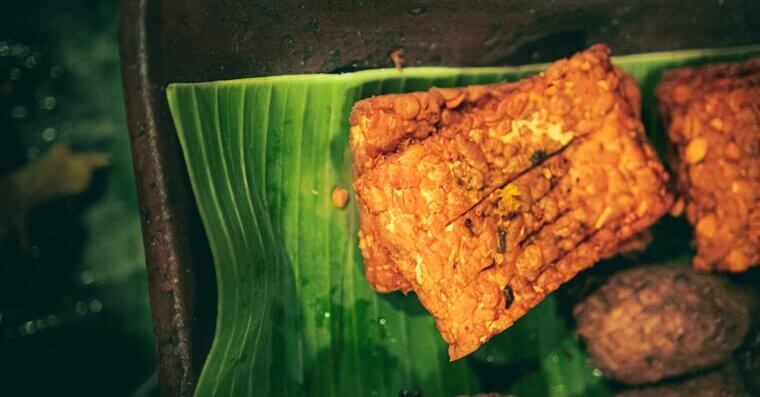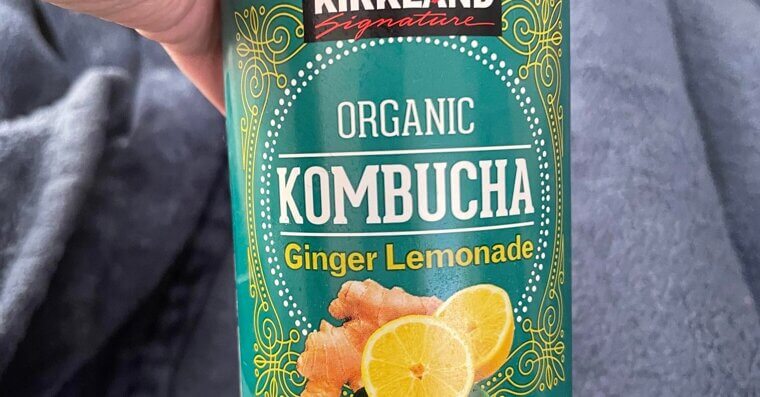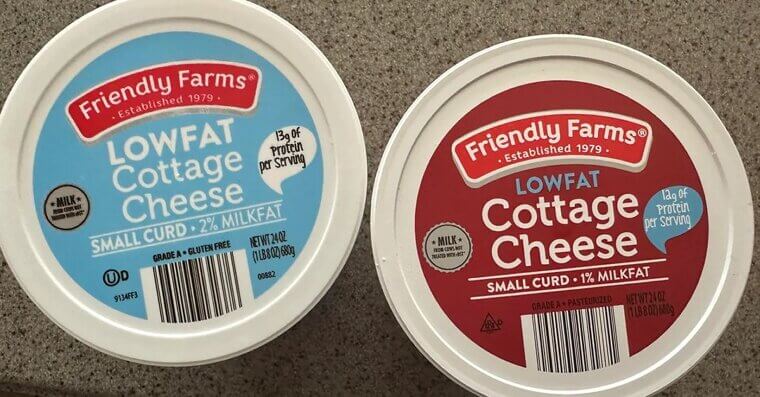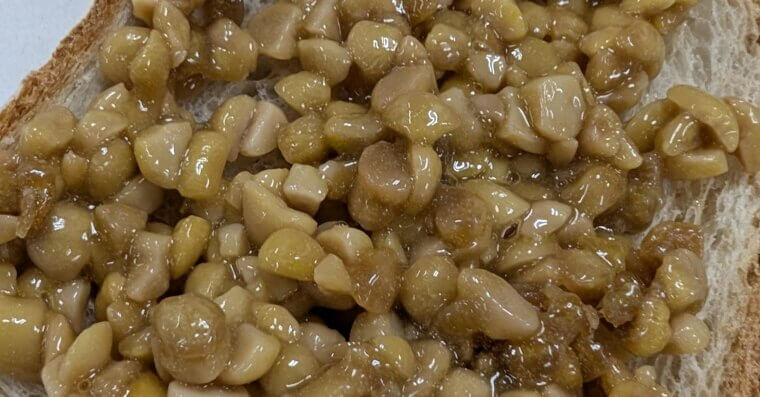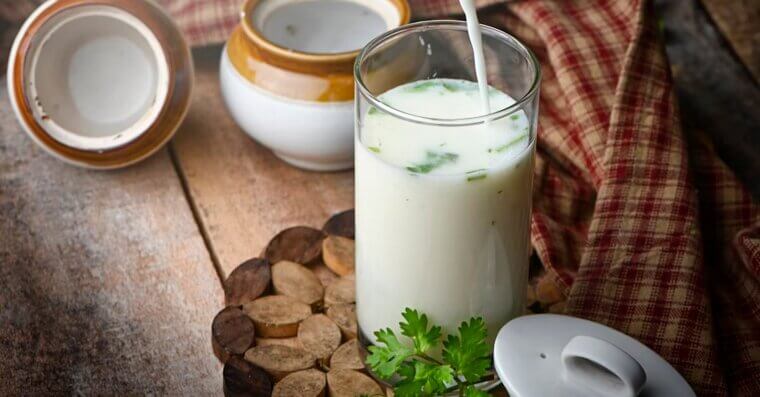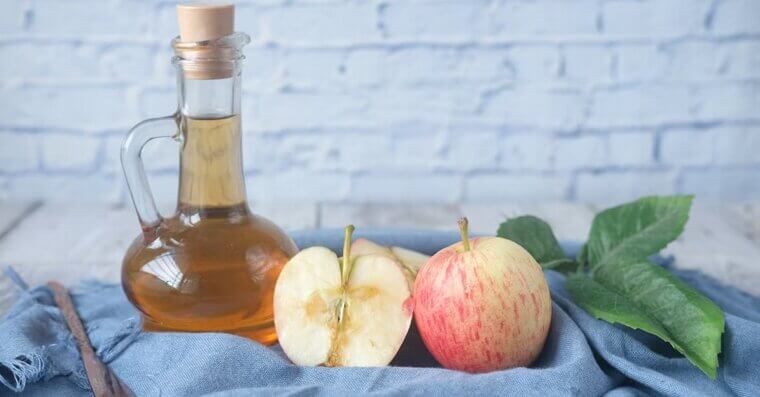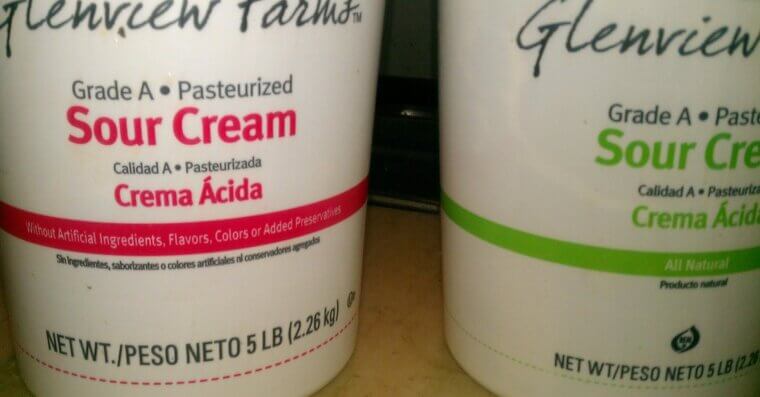Non-Scary Bacteria
Probiotics are bacteria and microorganisms that help keep your body healthy. And they show up in a lot of foods – many of which are very tasty. Obviously, these shouldn’t be the only foods you eat in the world, a balanced diet is important, but they’re a great way to improve your gut health. They’re a versatile bunch of foods, too – there’s everything here from meat substitutes to hot dog toppings. Try them all, pick your favorites, and enjoy!
Yogurt
Yogurt is probably the most popular probiotic food out there, and for good reason. It’s delicious, can be used in so many dishes, and is packed with live cultures that help balance your gut. Just make sure you pick one with “live and active cultures” on the label when buying.
Sauerkraut
This sharp, crunchy fermented cabbage isn’t just a hot dog topping - it’s health food in disguise! Sauerkraut is rich in beneficial bacteria that support digestion and boost immunity. It’s also full of fiber and vitamins, making it a win-win for your gut and overall health.
Kimchi
Kimchi is Korea’s famous spicy fermented cabbage dish, and it’s loaded with probiotics. It’s been having a moment recently. Kimchi can be eaten on its own, added to rice bowls, or mixed into soups. If you like bold, tangy, and spicy foods, this is a delicious way to sneak probiotics into your diet.
Kefir
Think of kefir as yogurt’s more drinkable cousin. This fermented milk drink is tart, tangy, and full of live cultures Kefir is also usually easier to digest than regular milk, which makes it a good option if you’re sensitive to lactose.
Fermented Pickles
Not all pickles have probiotics, but the naturally fermented kind definitely do. Skip the vinegar-based versions and look for pickles made with brine (just water and salt). These crunchy, sour bites are packed with beneficial bacteria and they’re so great for snacking.
Miso
Japan has brought America many great things and here’s another one. Miso is a Japanese seasoning made from fermented soybeans, and it’s brimming with probiotics. You’ll often see it as the star of miso soup, which is warm and comforting. Beyond soup, miso can be used to flavor sauces, marinades, or dressings.
Tempeh
Tempeh is a soy-based probiotic food that works almost like a meat substitute. With its nutty flavor and dense texture, tempeh works well in stir-fries, sandwiches, or even grilled like a burger. Since it’s fermented, it comes with beneficial probiotics, plus it’s high in protein and fiber. If you’re thinking of going vegan, give it a try and see what you think.
Kombucha
This fizzy fermented tea has become super trendy among health-conscious young people, and for good reason. Kombucha is delicious and often flavored with fruits or herbs, making it a refreshing and frankly much better alternative to soda. It’s full of probiotics that support gut health, and some people find it also gives them an energy boost.
Cottage Cheese
Cottage cheese can be more than just a snack - it can also be probiotic-rich if you buy the kind made with live and active cultures. Always check the label! It’s true that cottage cheese doesn’t always look very appetizing, but you can overlook that in favor of its many health benefits.
Natto
Natto is a traditional Japanese dish made from fermented soybeans, and it’s one of those love-it-or-hate-it food… but a lot of people love it. It has a strong flavor, and is packed with probiotics. Beyond gut health, natto is also rich in vitamin K2, which is great for your bones and your heart.
Buttermilk
Traditional buttermilk - the liquid left after churning butter - is full of probiotics. Don’t confuse it with the cultured buttermilk in most grocery stores, which may not always contain live bacteria. Traditional buttermilk is refreshing on its own but also makes a great base for dressings or pancakes.
Apple Cider Vinegar
In some social media circles, apple cider vinegar is touted as a cure for everything from obesity to cancer. It’s not as great as everyone says, but it is a good source of probiotics. Use it in small amounts, like in salad dressings or diluted in water as a morning tonic.
Certain Cheeses
Gouda, Gruyère, and Swiss cheese all contain healthy probiotics, and they’re freely available everywhere. Pair them with crackers, fruit, or just enjoy a slice on its own. It’s true cheese has downsides, but you can’t deny it’s good for your gut.
Sour Cream
Sour cream isn’t just for putting on topping tacos or baked potatoes, it can also be a sneaky source of probiotics when made with live and active cultures. But not all sour cream bought from the supermarket contains probiotics, so check the label before you buy.

